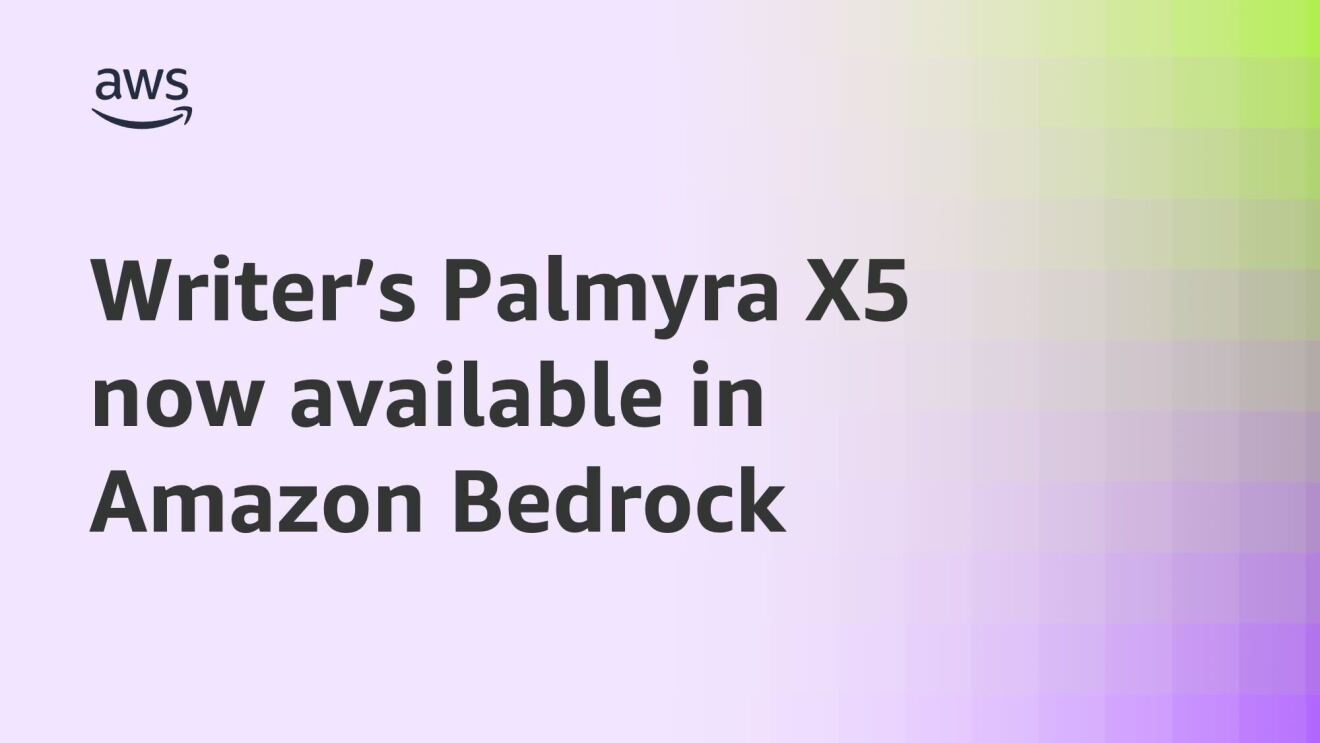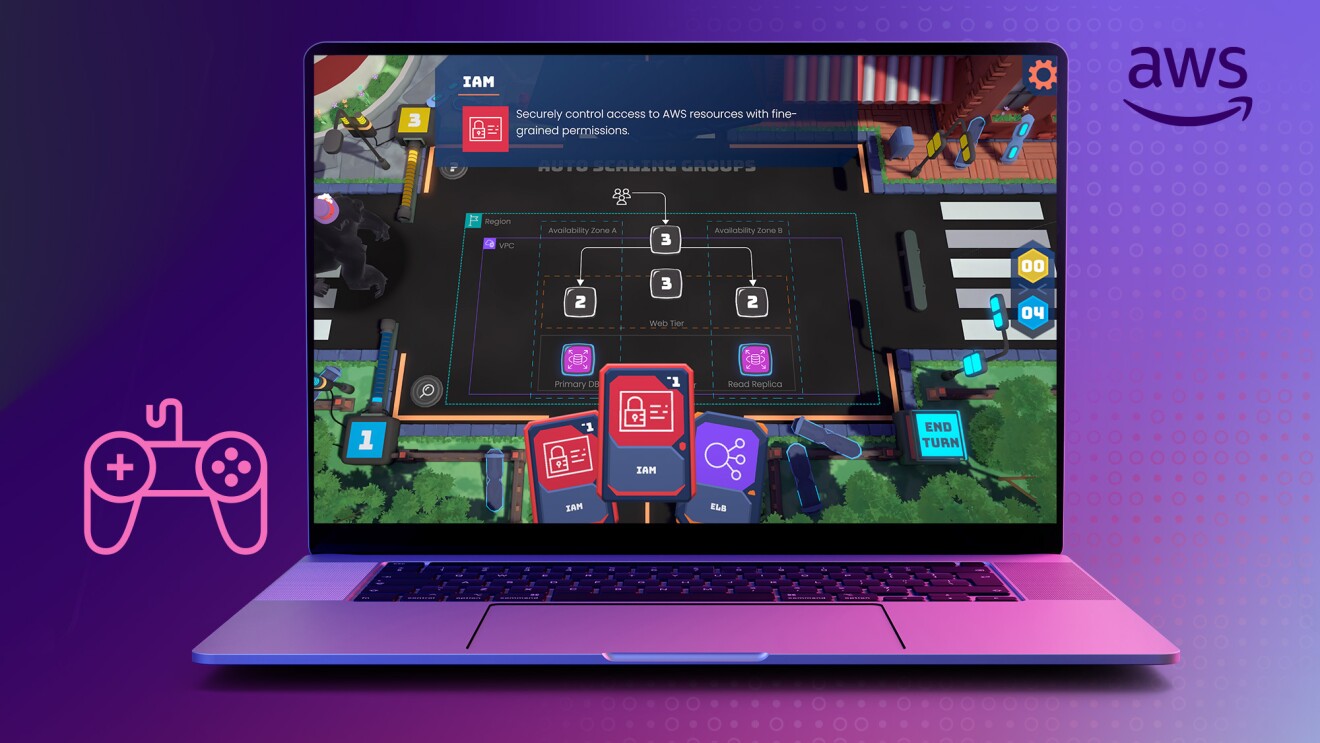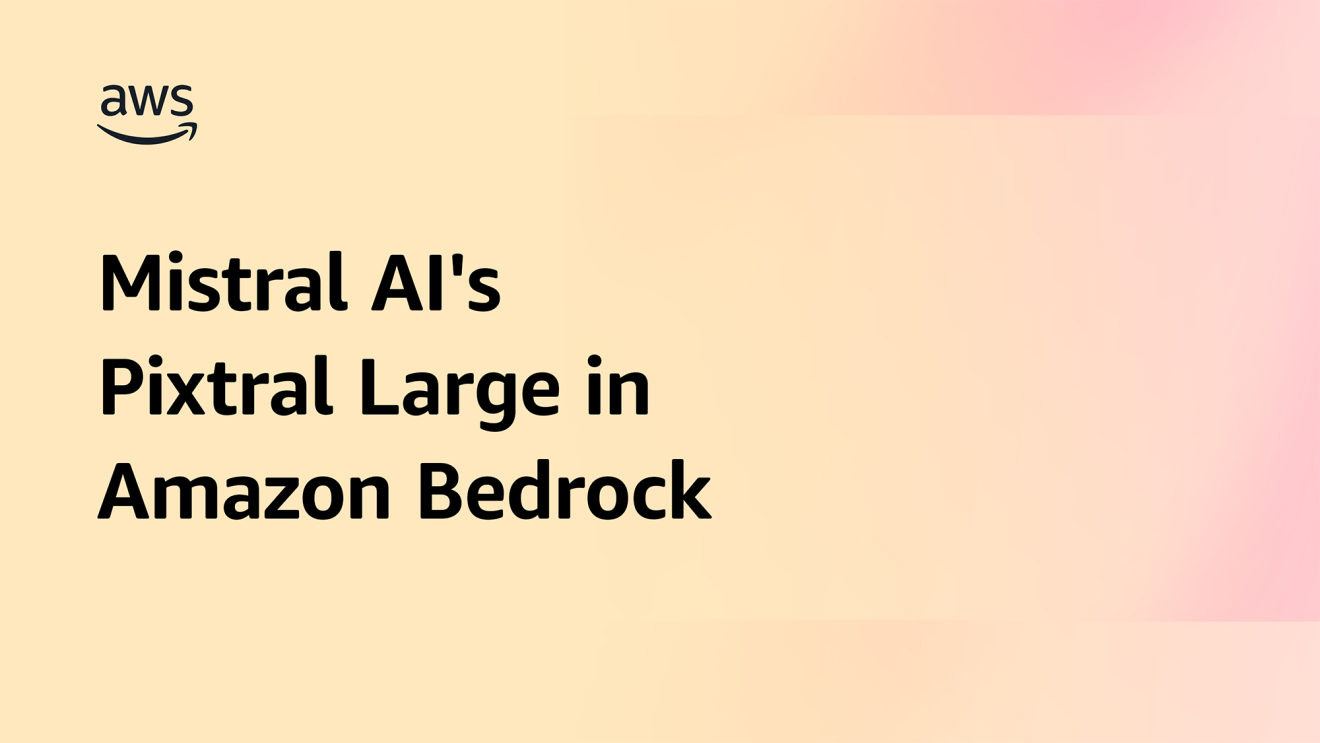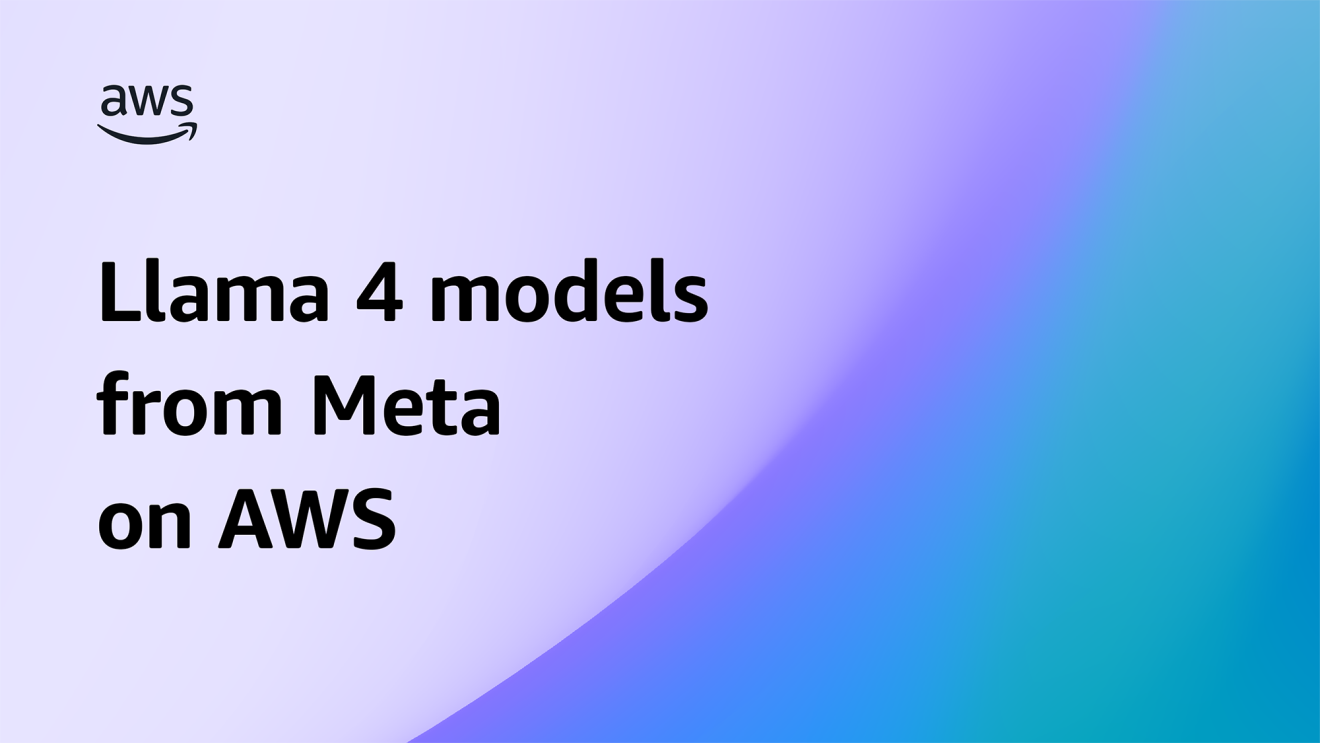When José “Pepe” Tapia was a kid, his parents often had to skip his basketball games.
They worked full time—mom as a housekeeper, dad as a landscaper. After emigrating from Mexico to the U.S. in the 1980s, Tapia’s parents often worked multiple jobs to support their five children.
“They weren’t always around to solve my problems,” Tapia recalled. “There would be a lot of weeks where my parents couldn’t come to my games.”
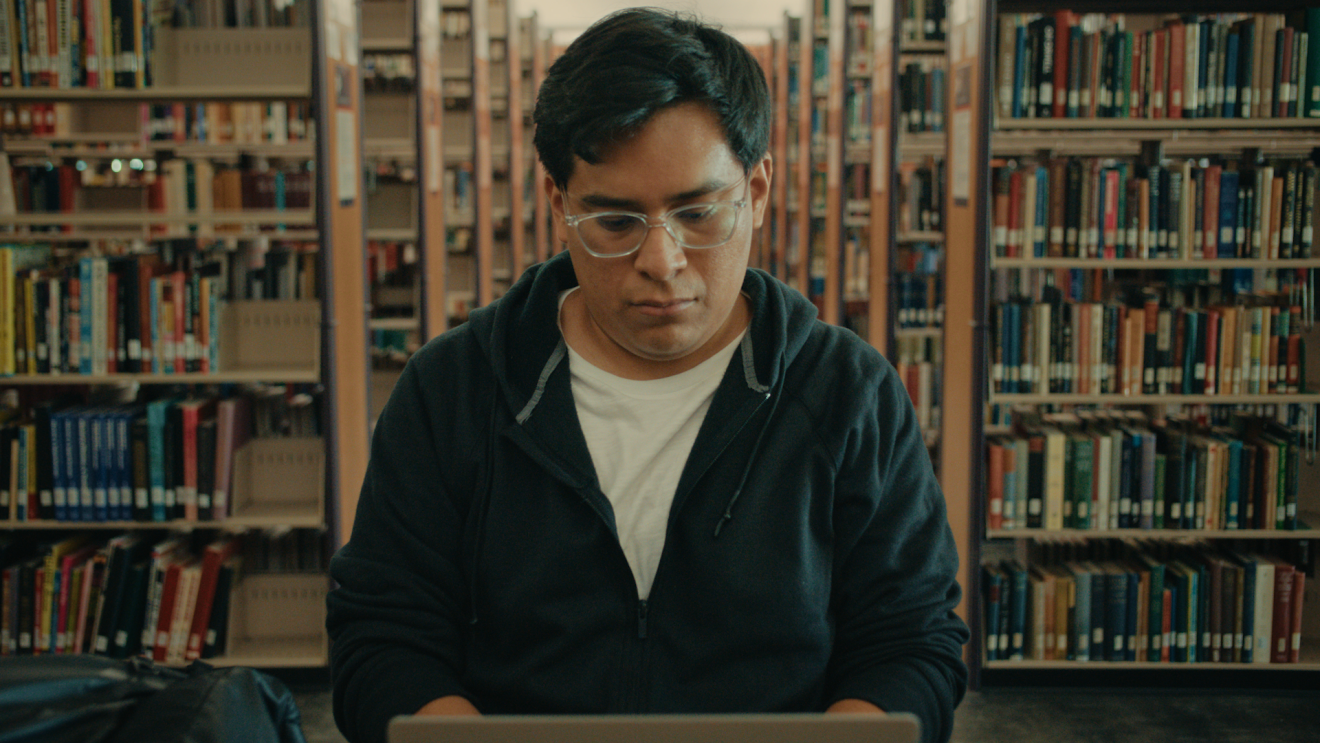 José “Pepe” Tapia, student at California State University, Fullerton.
José “Pepe” Tapia, student at California State University, Fullerton.Tapia is now a senior at California State University, Fullerton, studying computer science with a focus in artificial intelligence (AI) and machine learning (ML). A project he is developing with the help of an Amazon Web Services (AWS) scholarship program is something busy parents like his might find useful.
Using a Raspberry Pi single-board computer with a camera extension, Tapia is creating a system that records basketball games and tracks specific players automatically. With AWS Cloud computing, a livestream setup records a game, and then uses AI and ML to create highlights. It points the camera in certain directions, keeping track of the previously identified player. When a game is over, a parent can log on and watch all the clips related to their child.
Tapia credits the AWS program for equipping him with the skills necessary to build the project.
“Without the scholarship, I wouldn’t have been able to develop my own questions, know what tools are available, and be confident with making a product with AI and ML, start to finish,” he said.
01 / 03
In 2022, the AWS AI & ML Scholarship program, a partnership with Udacity, gave 2,000 underrepresented and underserved students access to the AI Programming with Python Udacity Nanodegree, a project and skills–based education credential program. The four-month virtual program offers students a background in AI fundamentals and exposure to the kinds of real-world problems that ML solves.
The scholarship program also gave Tapia access to a community of learners with similar interests, some from as far away as Kenya and India. His peers were welcoming, Tapia said, collaborating in online forums to troubleshoot or double-check each others’ work.
Tapia wasn’t always focused on AI and ML. After high school, he enrolled in community college, where he was more dedicated to performing in the marching band and playing video games.
He didn’t see his potential in the tech field until he met a passionate professor teaching the fundamentals of AI. After more coursework and a transfer to Cal State, Tapia now has a philosophical take on how AI and ML can shape the future.
“Really, AI is just humans understanding themselves better,” he said. “If you're making AI solve problems, you are also solving human problems, but at a quicker rate. AI has so much breadth to it … I can solve problems for people that I might not ever meet.”
The AWS scholarship has given Tapia a clarity of focus around a potential career in AI and ML. He says he’d like to be an ML engineer or an AI architect within the next five years, perhaps even starting his own company in the future.
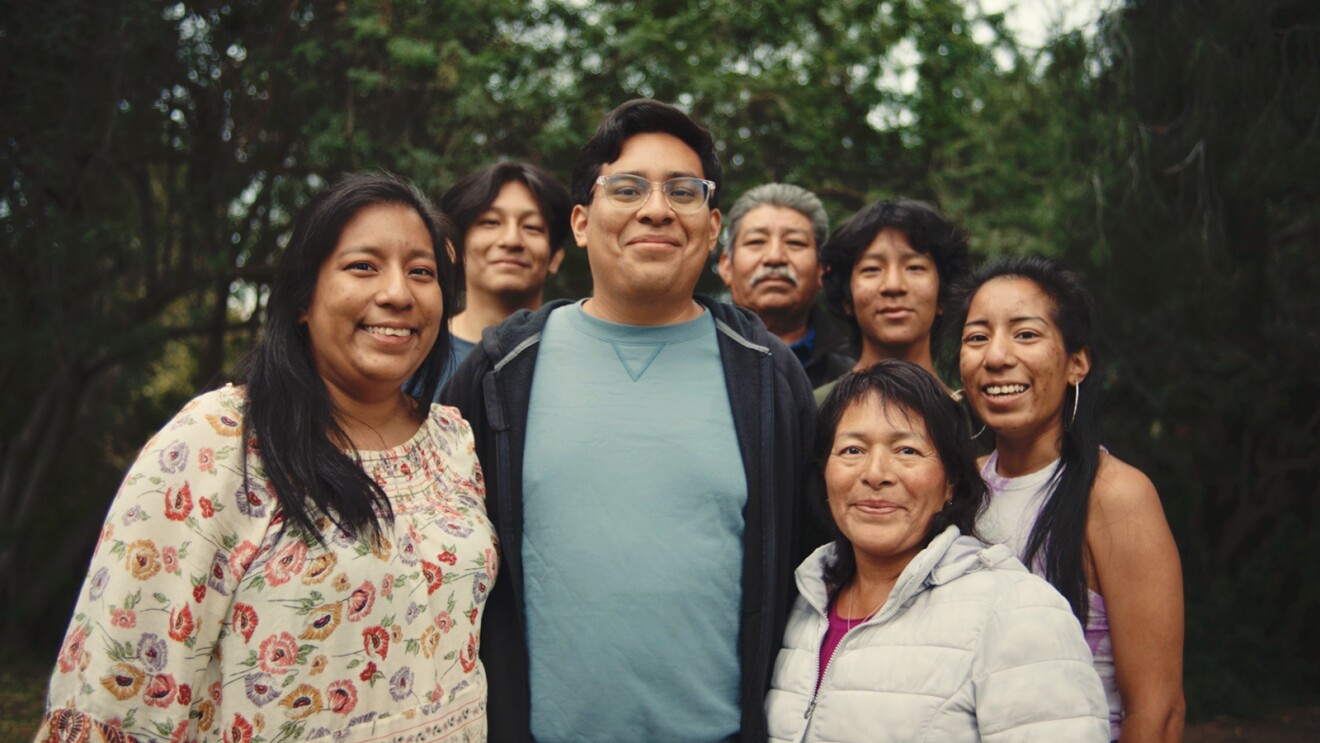 Tapia and family members.
Tapia and family members.In the meantime, as the middle brother of five, Tapia has been missing a lot of his youngest brother’s basketball games in their hometown of Escondido, California, about 100 miles away from Cal Fullerton. Thankfully, Tapia is building an AI solution for that.
“I can finally watch my brother play,” he said.
Trending news and stories





